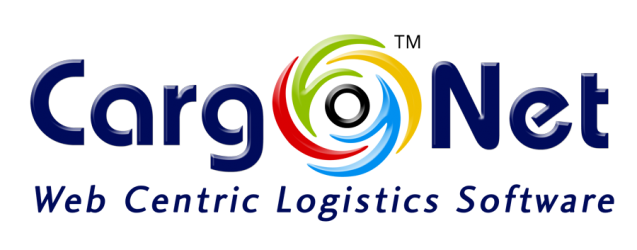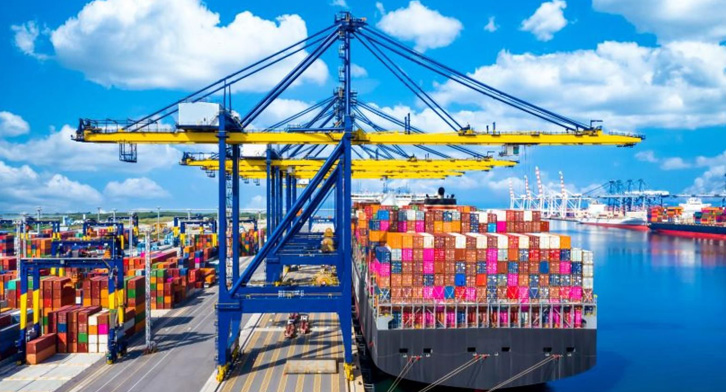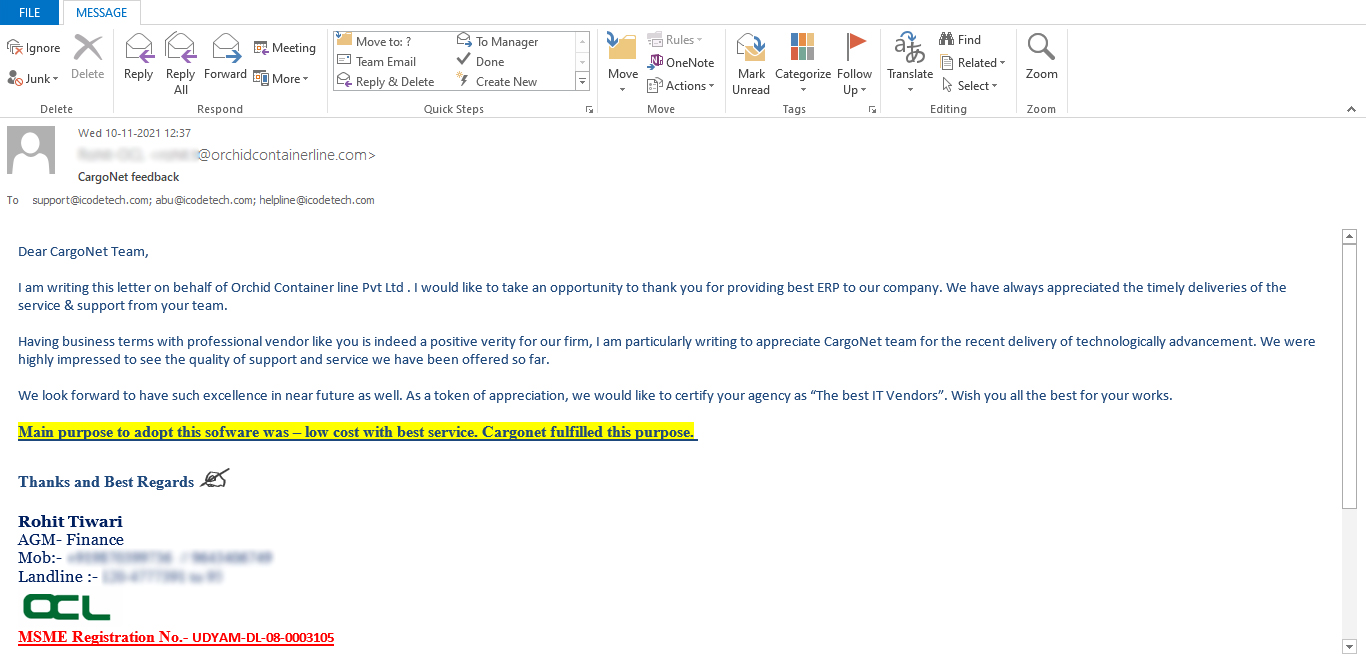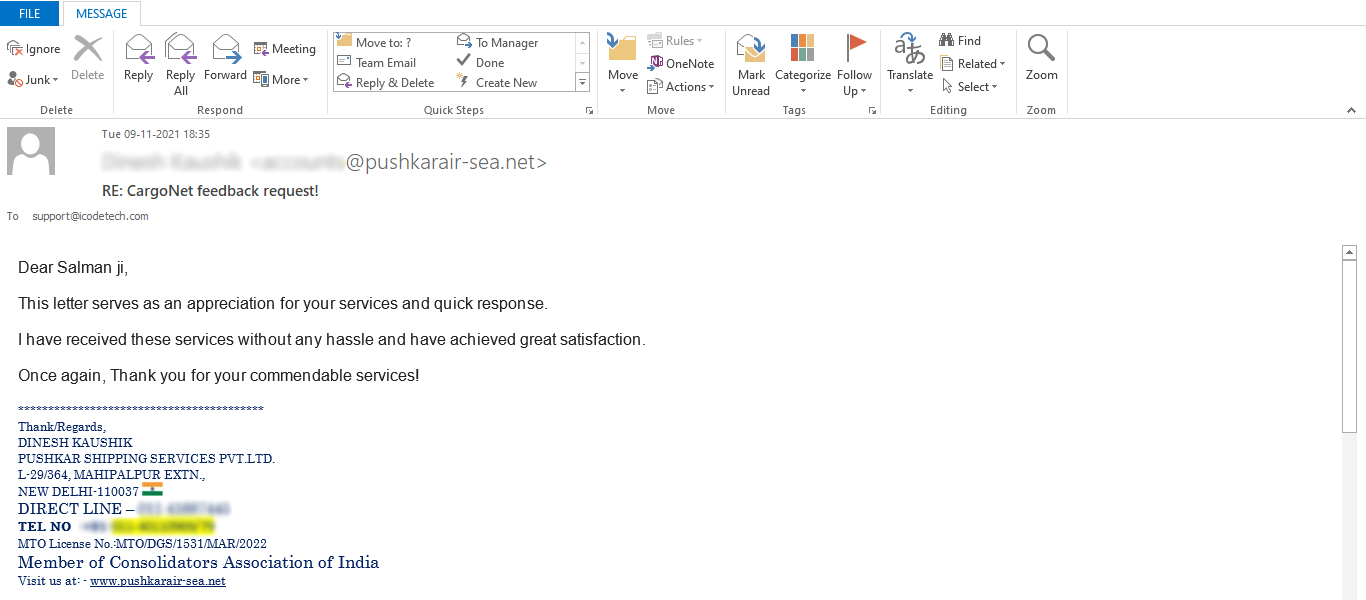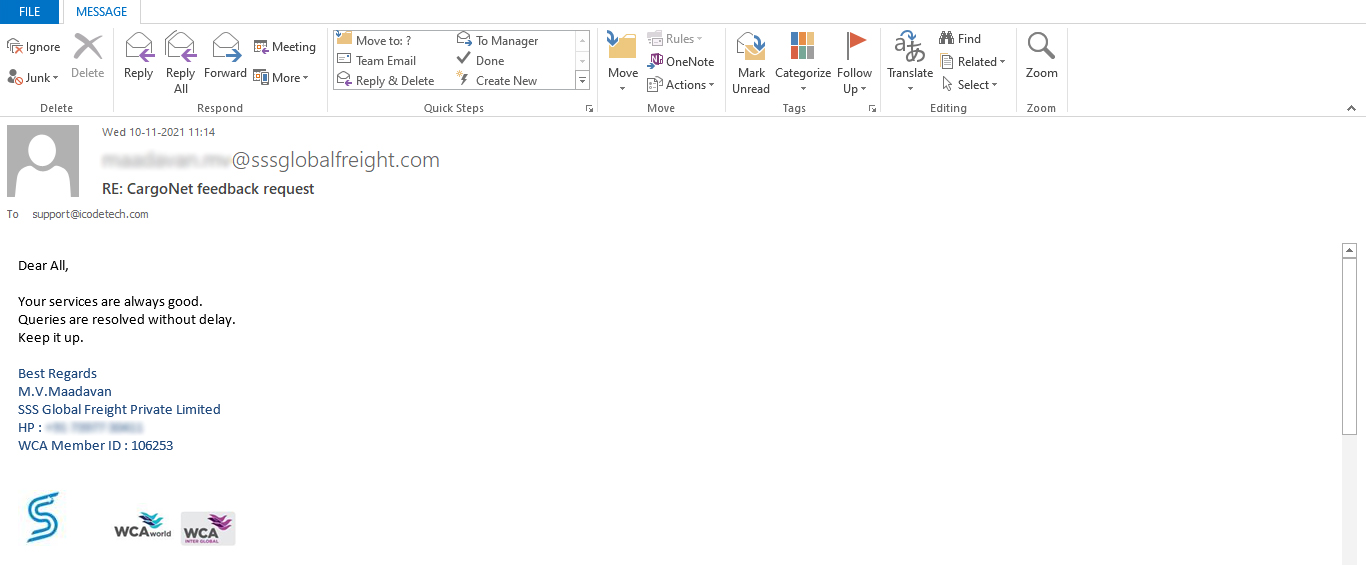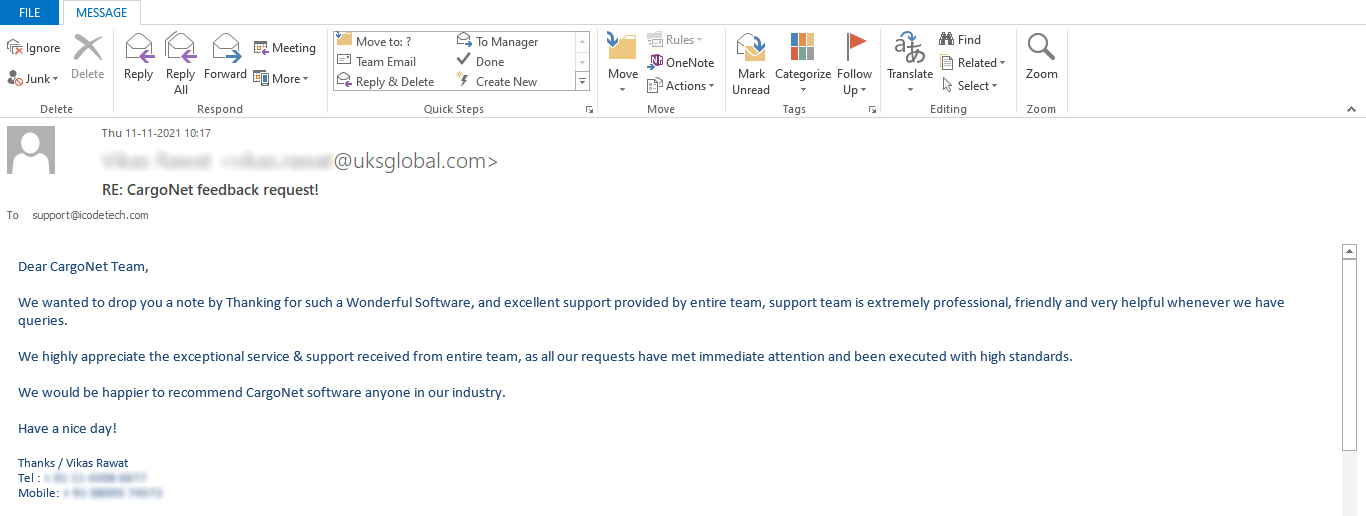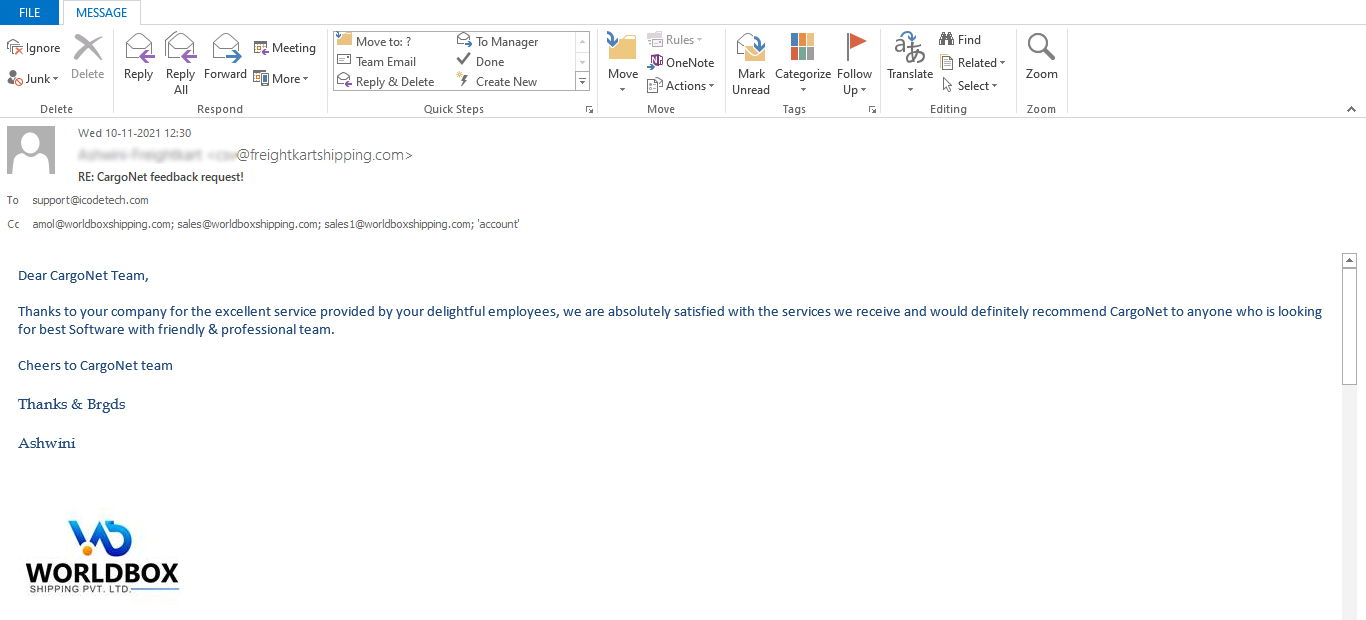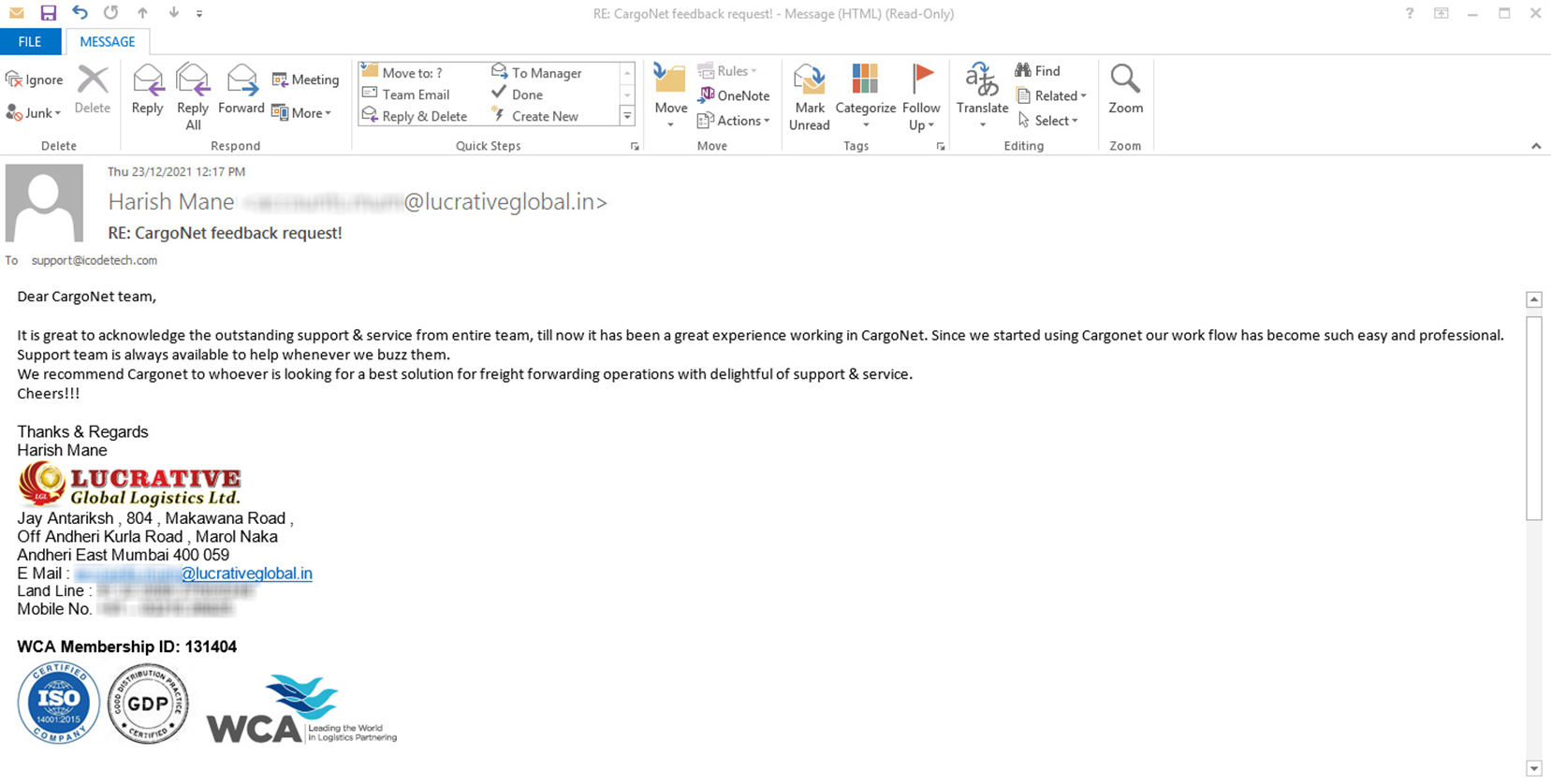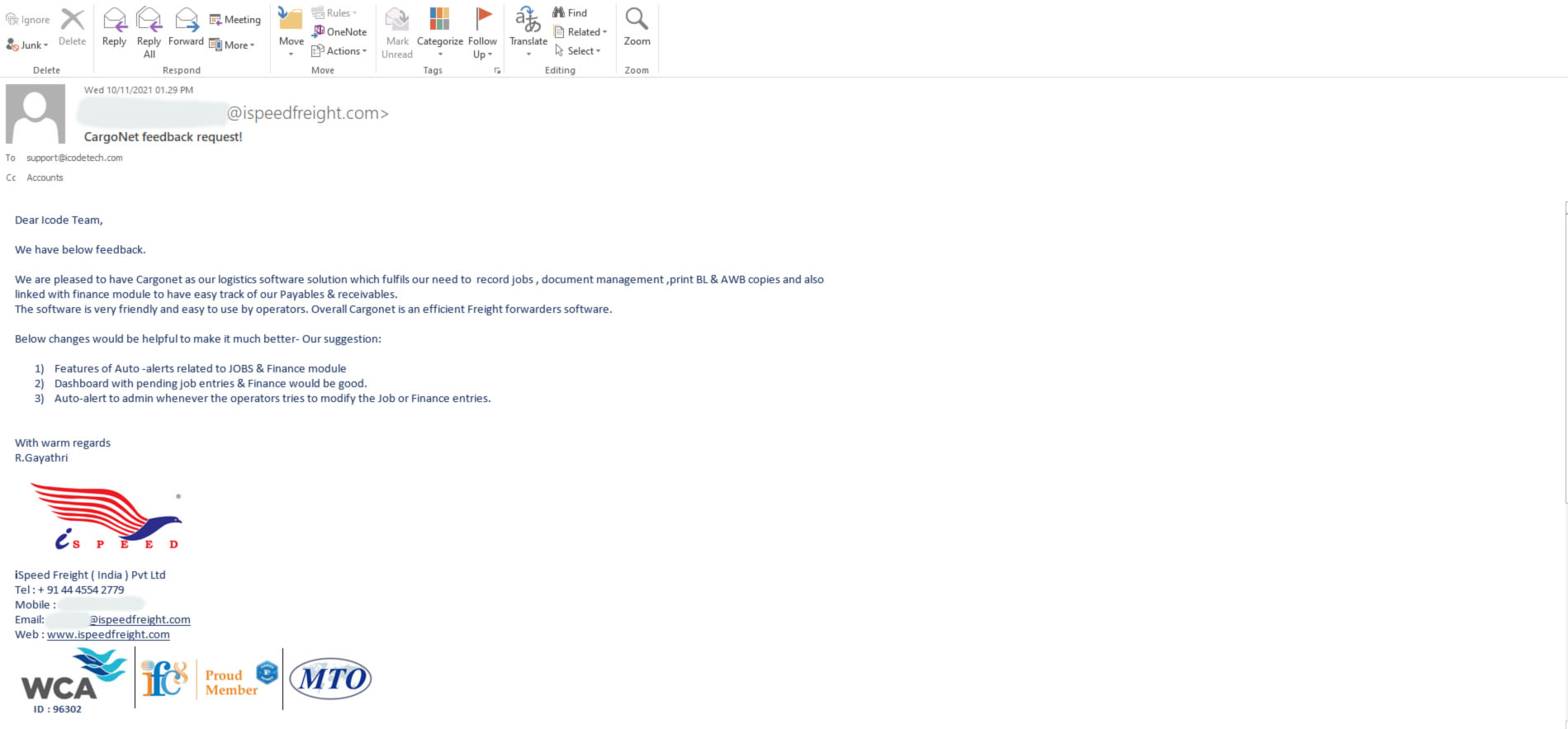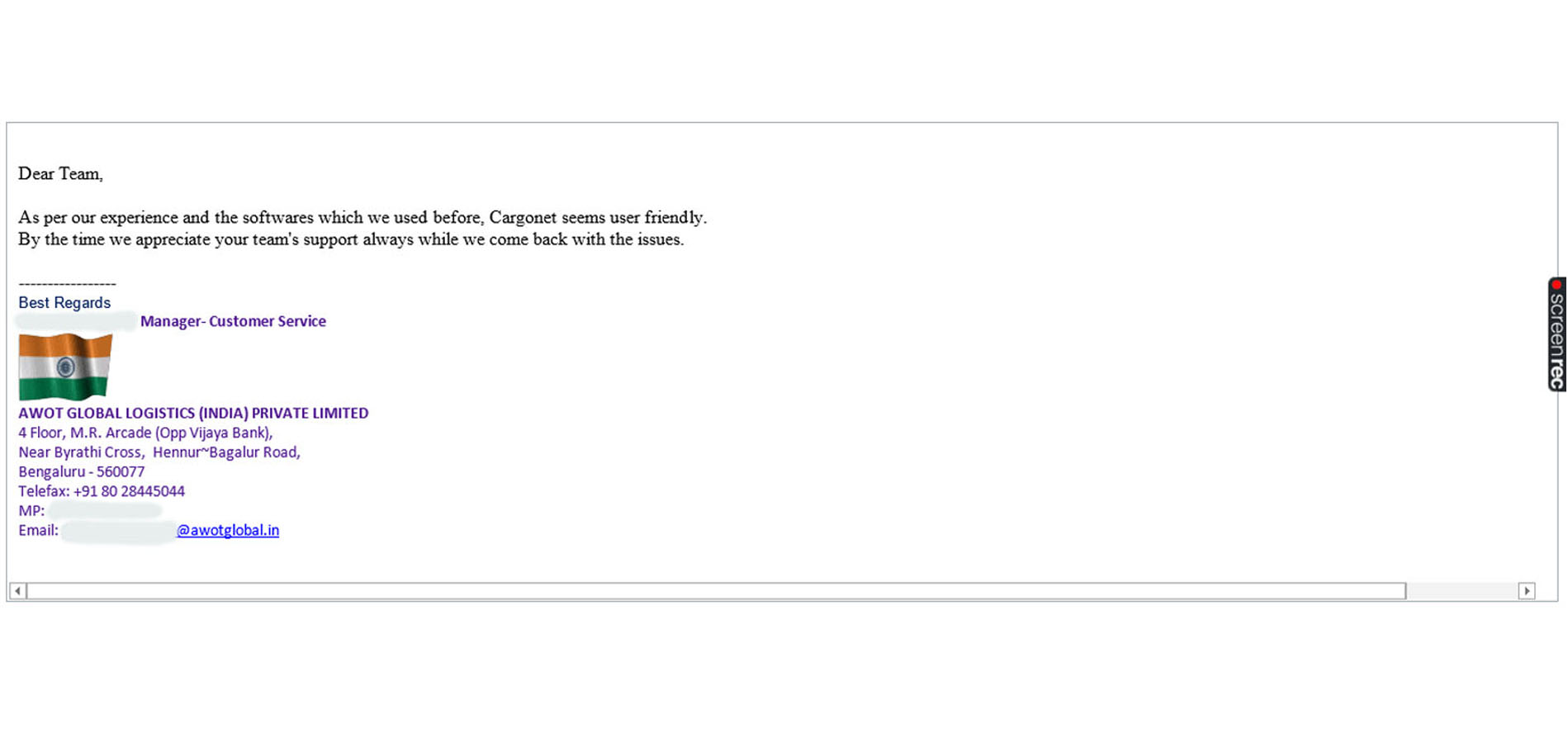The freight industry is key to global trade. However, managing finances can be tricky, especially when separating taxable turnover from non-taxable turnover. A major challenge arises when freight companies pay significant expenses for customers. These expenses are often wrongly classified as taxable turnover, leading to inflated taxable income and unnecessary tax payments.
In this blog, we will explain this problem and show how freight companies can avoid it by ensuring they only pay taxes on truly taxable revenue.
What is Taxable Turnover?
Taxable turnover refers to revenue from activities that are subject to taxes, like Goods and Services Tax (GST) or Value Added Tax (VAT). In the freight industry, taxable turnover includes charges for services such as transportation and logistics.
For example, when a freight forwarder charges for shipping goods from one country to another, that charge becomes part of the taxable turnover.
The Problem: Misclassifying Customer Payments
Freight companies often face the issue of misclassifying payments made on behalf of customers. These payments include duties, customs fees, and other third-party expenses. Since customers reimburse these amounts, they are not taxable. However, many companies mistakenly count them as taxable revenue, which increases their tax burden.
Example Scenario
Imagine a freight company paying customs duties for a client. Even though the client reimburses them, these payments sometimes get included in taxable turnover. This makes the company’s revenue appear higher than it is, which leads to overpayment of taxes.
What is Non-Taxable Turnover?
Non-taxable turnover includes amounts that are not subject to tax, such as:
- Customs Duties
- Third-party taxes
- Port handling fees
- Fuel surcharges
Since the customer reimburses these payments, they should not be part of the company’s taxable turnover.
Key Challenges for Freight Companies
Increased Tax Payments:
When pass-through expenses are counted as taxable turnover, companies end up paying more taxes than they should.
Complex Financial Management:
Managing taxable and non-taxable transactions can be difficult, especially for companies with high transaction volumes.
Risk of Tax Audits:
Overstating taxable turnover can attract attention from regulators, leading to audits or penalties.
Use Advanced Accounting Systems:
Reliable accounting systems help freight companies distinguish between taxable and non-taxable transactions. Freight management software like CargoNet automates this process, ensuring accuracy.
Train Your Finance Team:
Educating your finance team on taxable and non-taxable turnover reduces mistakes.
Leverage Technology for Compliance:
Modern freight software solutions can automatically separate taxable and non-taxable transactions. This reduces errors and ensures compliance.
Consult Tax Advisors:
Tax experts help ensure compliance with regulations and can even help recover overpaid taxes.
Managing Customer Expenses
Freight companies often pay large amounts on behalf of their clients. To avoid confusion, it’s important to issue separate invoices for:
- Freight Services (taxable turnover)
- Reimbursable Expenses (non-taxable turnover)
Clear communication with clients helps prevent misunderstandings and ensures proper tax reporting.
Conclusion
Understanding the difference between taxable and non-taxable turnover is crucial for freight companies. Misclassifying expenses can lead to inflated tax payments and unnecessary audits. By using the right accounting tools, training your team, and consulting tax experts, you can manage this challenge efficiently.
Ready to simplify your tax process?
Tools like CargoNet can help you manage your taxable and non-taxable turnover with ease. Contact us today for a free consultation and find out how we can streamline your accounting while ensuring tax compliance.
Avoid overpaying taxes! Optimize your freight operations today. Consistent training helps avoid costly mistakes

